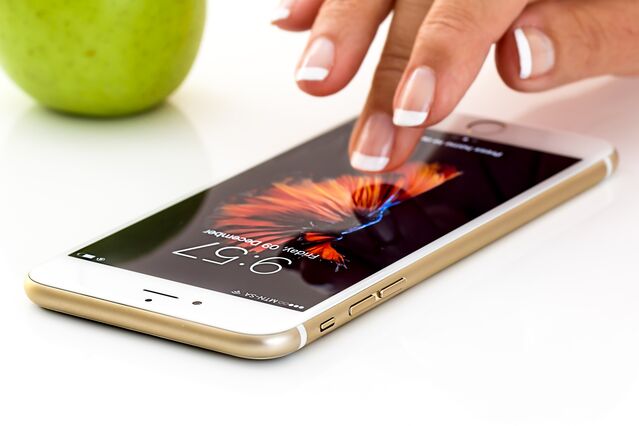Body Image
Why Instagram Is Worse for Body Image Than Facebook
Just seven minutes of Instagram use decreased body satisfaction in young women.
Posted June 20, 2020 Reviewed by Abigail Fagan

Social media platforms can help people stay connected with each other, share important news, and organize events. But many researchers argue that there is a psychological downside to social media use, especially for young women.
A new study out of my lab at Northwestern University, the Body and Media Lab, compared the outcome of seven minutes of Instagram use to seven minutes of Facebook use. Compared to Facebook, young women randomly assigned to Instagram thought about their appearance more, compared their appearance to others more, felt worse about how they looked, and reported more negative moods.
It’s hard to overstate the impact of social media on human psychology. A 2019 report found that well over 3 billion people actively use social media – that’s nearly half of the world’s population. However, different types of social media use likely have different psychological outcomes. For example, appearance-focused social media use (e.g., posting, editing, and commenting on selfies) may be worse for young women’s body image than other types of social media use. Instagram, as a photo and video-focused platform, may be especially problematic when it comes to how young women feel about their appearance.
In this new study, we randomly assigned over 300 college women to one of three experimental conditions. To be in the study, the women had to identify as active users of both Facebook and Instagram. In each condition, the women spent seven minutes using an iPad provided by the experimenters.
In one condition, they logged into their Instagram account and used it as they normally would (scrolling, liking posts, adding comments to posts, watching stories). In another condition, participants did the same thing, but on Facebook instead of Instagram. The final condition was a control condition in which participants played the match-three game “Bejeweled” for seven minutes. Bejeweled is similar to the game “Candy Crush.”

The women in the study used the iPad to complete measures of mood and body image both immediately before and immediately after their seven-minute activity. Those in the Instagram and Facebook conditions also indicated what they spent time doing on their assigned social media platform.
Those in the Instagram and Facebook conditions reported significantly different patterns of use. Instagram users spent more time looking at images of people; Facebook users spent more time looking at images without people in them as well as reading and writing content and comments. Given this pattern, it was not surprising that women in the Instagram condition reported making significantly more appearance comparisons than those assigned to use Facebook. Women in the Instagram condition also reported thinking about their appearance significantly more than women in either the Facebook or Bejeweled conditions.
For women using Facebook or playing Bejeweled, body satisfaction remained relatively stable. But for women assigned to spend seven minutes on their Instagram account, body satisfaction significantly decreased. While playing Bejeweled led women to report more positive emotions, using Instagram led women to report fewer positive emotions and more negative emotions. Seven minutes of Facebook had little effect on mood or body satisfaction.
Overall, this study suggests that if you spend your social media time looking at images of other people, it may be difficult to avoid comparing your appearance to others’. This focus on appearance may be why women in this study who used Instagram for just a few minutes ended up feeling worse about how they looked and in a more negative mood.
Of course, you don’t have to populate your Instagram feed with images of people doing their best to convince you of how beautiful they are. If you’re struggling with body image, it would be a good idea to more carefully curate your feed so that it looks less like an online beauty pageant. Instead, choose to follow accounts that focus on things other than appearance. Given the diversity of content on social media platforms, there are plenty of opportunities to turn your feed into a space of learning and growth rather than a trigger for poor body image and negative mood.



